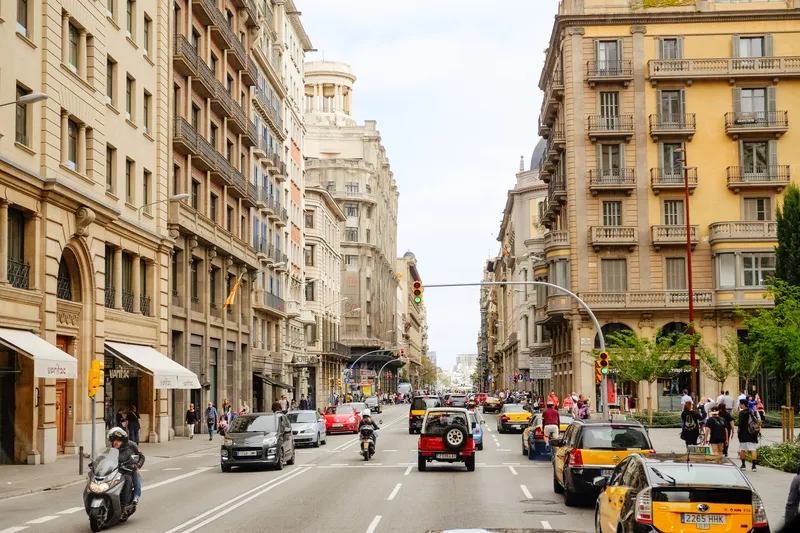The European Investment Bank (EIB) is providing a US$370 million long-term loan to finance the upgrading of the local public transport system in North Rhine-Westphalia, Germany. The funds will be used to purchase 82 new double-deck electric trains offering better energy efficiency, greater capacity and special barrier-free passenger comfort for the Rhine-Ruhr Express (RRX) project.
RRX is North Rhine-Westphalia’s most important rail project. Promoted by the four neighbouring transport associations VRR,
July 17, 2015
Read time: 2 mins
The 4270 European Investment Bank (EIB) is providing a US$370 million long-term loan to finance the upgrading of the local public transport system in North Rhine-Westphalia, Germany. The funds will be used to purchase 82 new double-deck electric trains offering better energy efficiency, greater capacity and special barrier-free passenger comfort for the Rhine-Ruhr Express (RRX) project.
RRX is North Rhine-Westphalia’s most important rail project. Promoted by the four neighbouring transport associations VRR, NWL, NVR and SPNV Nord, it consists of interconnecting the Rhine-Ruhr region with a network of six lines, whose backbone will be the Cologne-Düsseldorf- Duisburg-Essen-Dortmund-Hamm corridor. Alongside the EIB, KfW IPEX-Bank and Landesbank Hessen-Thüringen (Helaba) will also be financing the project.
When signing the framework agreements, EIB President Werner Hoyer said that “with the close cooperation of the four transport associations, the RRX project is a first for North Rhine-Westphalia’s local transport system. The Rhine-Ruhr Express represents a key sustainable and customer-focused transport solution for NRW that will be appreciated in the region and beyond”. President Hoyer also expressed his confidence that the EIB would do further business with the participating transport associations in future years.
The EIB has long supported sustainable and environmentally responsible transport solutions, financing the upgrading of both infrastructure and rolling stock. By providing modern, energy-saving light trains, the RRX project will help to tangibly improve the quality of local passenger transport in North Rhine-Westphalia. The contract to build and maintain the new double-deck trains was won by189 Siemens earlier this year following a Europe-wide procurement process.
RRX is North Rhine-Westphalia’s most important rail project. Promoted by the four neighbouring transport associations VRR, NWL, NVR and SPNV Nord, it consists of interconnecting the Rhine-Ruhr region with a network of six lines, whose backbone will be the Cologne-Düsseldorf- Duisburg-Essen-Dortmund-Hamm corridor. Alongside the EIB, KfW IPEX-Bank and Landesbank Hessen-Thüringen (Helaba) will also be financing the project.
When signing the framework agreements, EIB President Werner Hoyer said that “with the close cooperation of the four transport associations, the RRX project is a first for North Rhine-Westphalia’s local transport system. The Rhine-Ruhr Express represents a key sustainable and customer-focused transport solution for NRW that will be appreciated in the region and beyond”. President Hoyer also expressed his confidence that the EIB would do further business with the participating transport associations in future years.
The EIB has long supported sustainable and environmentally responsible transport solutions, financing the upgrading of both infrastructure and rolling stock. By providing modern, energy-saving light trains, the RRX project will help to tangibly improve the quality of local passenger transport in North Rhine-Westphalia. The contract to build and maintain the new double-deck trains was won by







